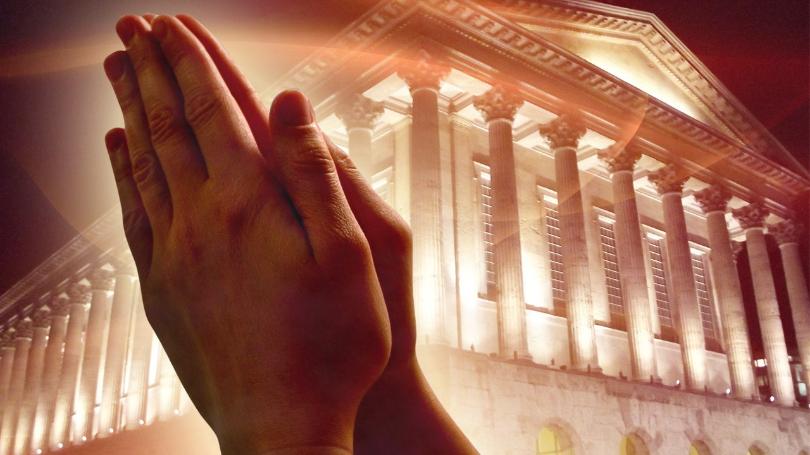-
Tips for becoming a good boxer - November 6, 2020
-
7 expert tips for making your hens night a memorable one - November 6, 2020
-
5 reasons to host your Christmas party on a cruise boat - November 6, 2020
-
What to do when you’re charged with a crime - November 6, 2020
-
Should you get one or multiple dogs? Here’s all you need to know - November 3, 2020
-
A Guide: How to Build Your Very Own Magic Mirror - February 14, 2019
-
Our Top Inspirational Baseball Stars - November 24, 2018
-
Five Tech Tools That Will Help You Turn Your Blog into a Business - November 24, 2018
-
How to Indulge on Vacation without Expanding Your Waist - November 9, 2018
-
5 Strategies for Businesses to Appeal to Today’s Increasingly Mobile-Crazed Customers - November 9, 2018
Fourth Circuit overturns decision on prayer in meetings
It’s not clear if or when commissioners might resume leading prayers themselves. The focus of the lawsuit is the opening prayer at nearly all meetings, which is focused only on Christianity. “The First Amendment affirms the liberty of Americans to pray according to their consciences before public meetings”.
Advertisement
The American Civil Liberties Union sued the commission in 2013 on behalf of three people who said the practice of starting meetings with prayers that nearly always referred to Christianity was coercive and discriminatory.
“Under the Supreme Court’s most recent decision explaining legislative prayer”, the decision reads, “we find the Board’s legislative prayer practice constitutional and reverse the decision of the district court”. Between 2007 and 2013, some 97 percent of the board’s prayers were Christian.
In June 2013, the court asked the commissioners to stop opening their meetings with sectarian prayer.
“The Supreme Court long ago ruled that prayer before state legislative bodies is constitutional because such practice predates the First Amendment”. Opening invocations have declared that “there is only one way to salvation, and that is Jesus Christ”, as well as given thanks for the “virgin birth”, the “cross at Calvary”, and “the resurrection”.
The ACLU argued in the lawsuit that the practice of Christian prayer violates the Establishment Clause of the First Amendment of the U.S. Constitution, as well as the Fourteenth Amendment. In other Establishment Clause contexts, the Supreme Court has stressed this element of private choice, holding that when a neutral government policy or program merely allows or enables private religious acts, those acts do not necessarily bear the state’s imprimatur.
“W$3 e decline to accept the district court’s view that legislative prayer forfeits its constitutionally protected status because a legislator delivers the invocation”.
Morrisey said in a release that the decision would have affected West Virginia, which also falls under the 4th Circuit’s jurisdiction.
“We are very pleased with the decision and think the court properly decided the matter”, Rowan County Commission Chairman Greg Edds said.
The ACLU wrote in a statement that it intends to ask the Fourth Circuit to review the ruling “en banc”, meaning all 15 judges in the Fourth Circuit would hear the case.
The dissenting judge disagreed on both points, finding the fact that the prayer-givers are government actors engaged in official action to be important, and found the subtle coercive effects of the commission in this case to cross the line into unlawful activity.
Advertisement
A federal appeals court says it’s legal for Rowan County Commissioners to deliver prayers before their meetings.





























